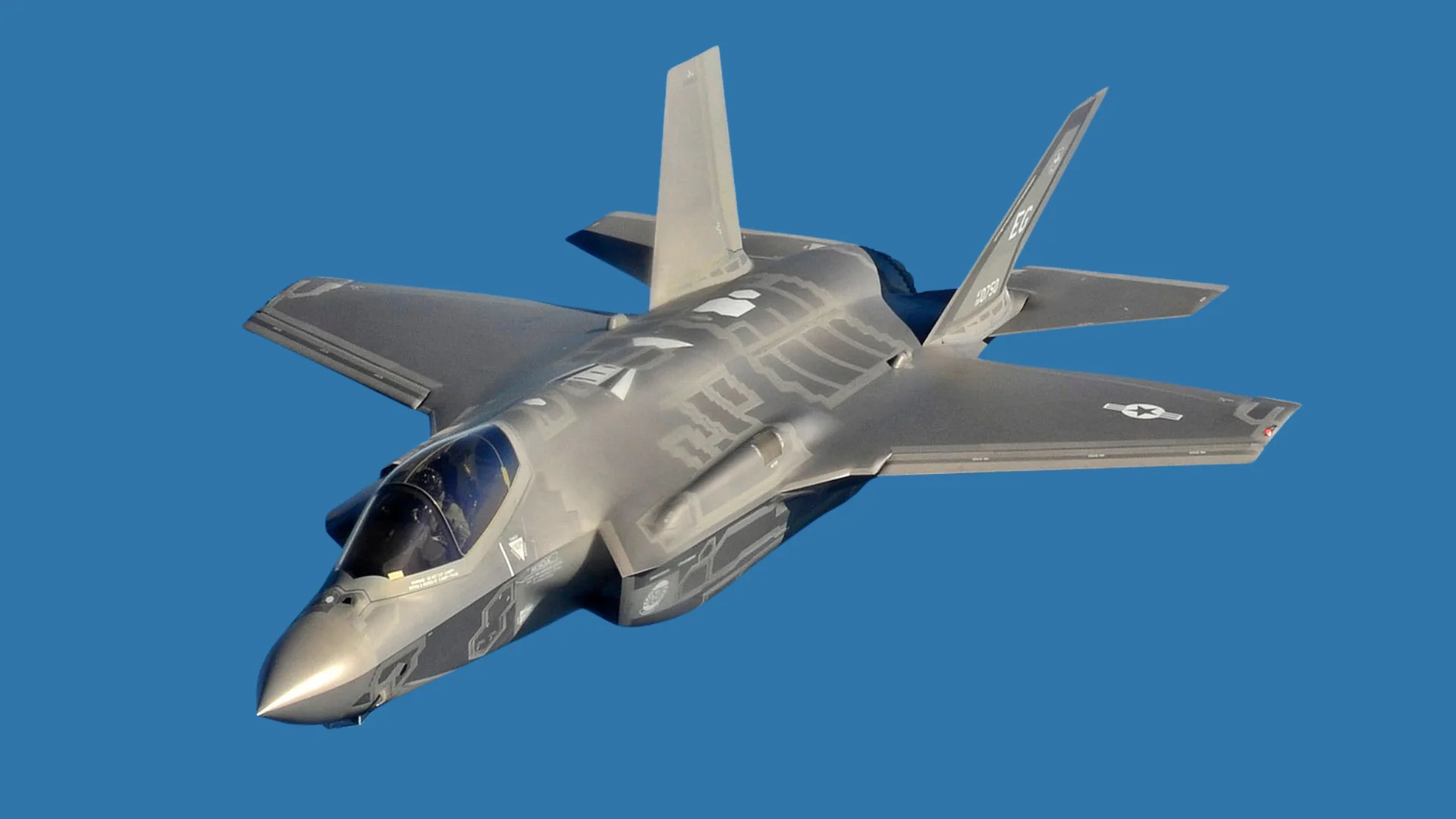According to reports, "the country is 'not keen' to accept the fifth-generation fighters, and has not engaged in advanced discussions about the purchase and integration of these planes." Despite efforts by the US since February to secure a deal with India, one of its most promising potential customers, India's priorities have shifted away from defense spending toward economic initiatives.
With the new tariffs in place, India is seeking alternative ways to address its trade deficit with the US. The government is focusing on increasing imports of American-made products such as communications equipment and natural gas rather than defense purchases. Estimates suggest that India's trade deficit with the US could reach billions of dollars, but defense acquisitions are not part of India's current strategy.
India aims to reduce its trade deficit while maintaining positive relations with Washington. However, buying foreign-made fighters for millions does not align with India's long-term goals. Instead, India prefers partnerships over off-the-shelf purchases.
"While India doesn't currently produce a homegrown fifth-generation fighter, it is pushing for joint designs and domestic manufacturing. This focus would allow India to be more self-reliant and invest in the nation, rather than simply purchasing a product," according to reports. Even before the tariff announcement, India was unlikely to buy F-35s due to this strategic approach.
India's preference for codevelopment and domestic production makes it unlikely that it will seek fifth-generation fighters from other countries such as Russia or China without significant partnership agreements. For example, while Russia offers the Sukhoi Su-57 and China produces the Chengdu J-20, neither option appears likely under India's current policy direction.
Currently, no American-built fighters serve in India's air force fleet. The primary air superiority aircraft is the Sukhoi Su-30MKI—a version adapted for Indian requirements and manufactured under license by Hindustan Aeronautics Limited (HAL). This aligns with India's broader approach of building or assembling military aircraft domestically.
India also operates indigenous platforms like HAL Tejas—a 4.5 generation fighter developed within its borders—alongside imported models such as MiG-29s, Dassault Rafales, Mirage 2000s, and SEPECAT Jaguars (the latter expected to retire beginning in 2028).
In summary, India's rejection of F-35s stems mainly from economic strategy rather than technical considerations regarding the aircraft itself. By prioritizing locally assembled or developed aircraft like HAL Tejas over imports such as F-35s or other foreign-made jets, India seeks both economic growth and job creation for its citizens.
 Alerts Sign-up
Alerts Sign-up





































